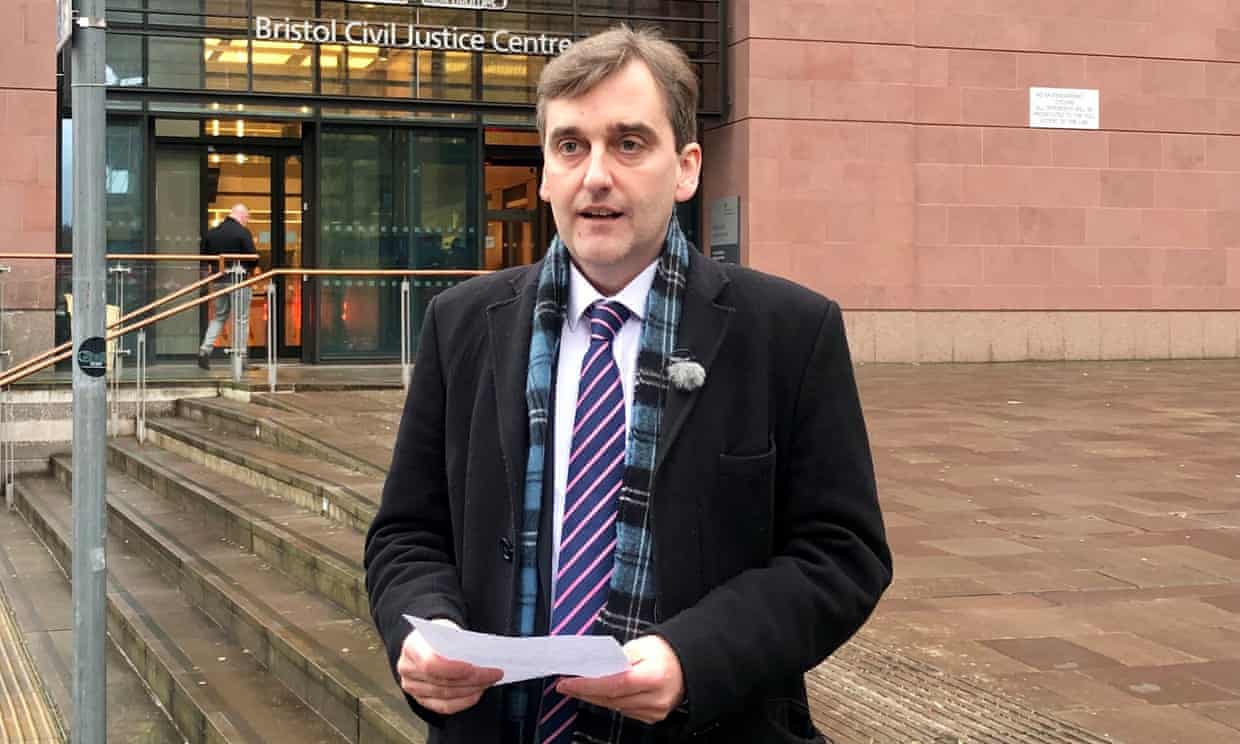
Conservatives
Welsh Tories ordered to lift suspension of assembly member
Judge finds in favour of Nick Ramsay after he was arrested and released without charge
by PA MediaThe leader of the Welsh Conservatives has been ordered by a high court judge to lift the suspension of an assembly member pending further legal action.
Nick Ramsay, 44, was suspended from the Tory group after being arrested at his home in Raglan, Monmouthshire, on New Year’s Day. Gwent police released him the following afternoon, saying he would face no further action, but his suspension remained.
Ramsay is suing Paul Davies, the leader of the Welsh Conservatives, at the high court.
At a hearing in Bristol, Judge Jonathan Russen QC ordered the lifting of the suspension until a trial into the matter takes place in February. “In my judgment, it is appropriate that he is restored to the membership of the group,” Russen said.
The court heard Ramsay was elected to the Welsh assembly in 2007 and became a member of the Conservative group.
He was arrested on the evening of 1 January and spent the night in custody in Newport before being released without charge the following day. At 1.31pm on 2 January, Davies emailed Ramsay to tell him he had “no option” but to suspend him from the Welsh Conservatives.
Representing Ramsay, David Lock QC said Davies “lacked the power” to do so and had not conformed to the rules of the group’s constitution. In a written statement, Ramsay said he was at his “wits’ end” and sought the assistance of the high court to end the stalemate.
Richard Price QC, representing Davies, asked for an adjournment to prepare for the case as he had been given less than 24 hours’ notice.
Price said eight members of the 11-strong assembly group had supported the suspension and it was not the case that Davies had “acted solo”.
“The defendant and the other members of the group who are involved in the process are concerned there is a risk, if your lordship were to refuse my application for an adjournment, that this matter would be decided simply on the back of the evidence of the claimant alone,” he told the judge.
The judge refused the application for an adjournment and allowed the interim injunction until the case is heard at a three-day trial in February. He said his ruling did not affect the disciplinary processes of the group.
Speaking outside court, Ramsay said: “I am disappointed that I had to come to court today to achieve this result. However, I am grateful for the opportunity to continue serving my constituents and discharging my public functions.”
The trial is to be listed at a court in either Bristol, Cardiff or London between 19 and 21 February.